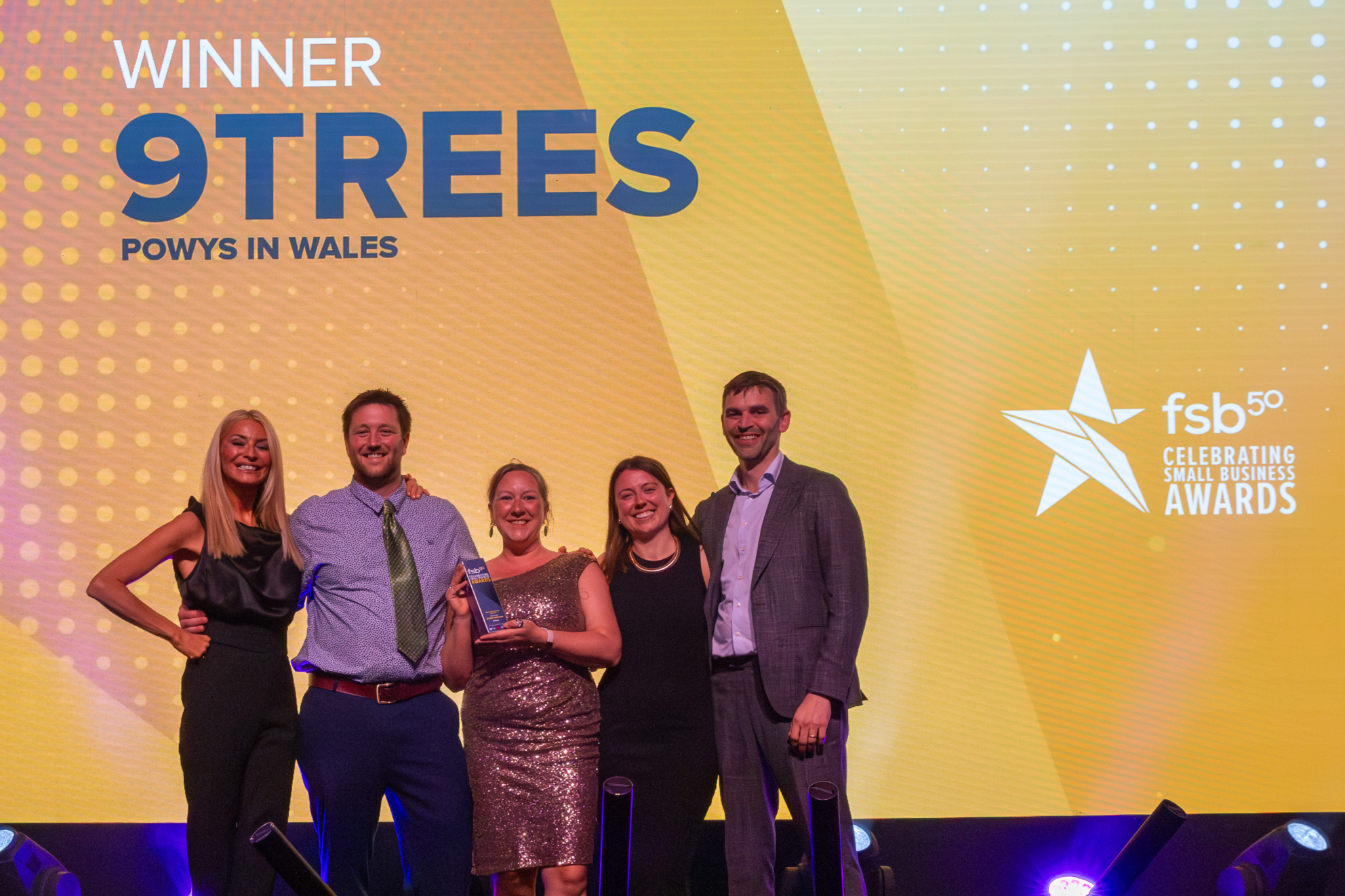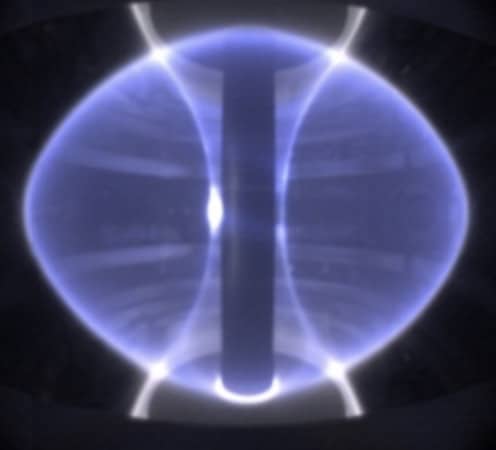EXCLUSIVE INTERVIEW: Diamonds aren’t just a girl’s best friend

Diamonds don’t have to just a girl’s best friend. They can also be pretty good for eco-activists.
Dale Vince, the visionary green campaigner and entrepreneur, founder of Stroud-based sustainable energy supplier Ecotricity and chairman of the world’s first (and currently only) vegan football Club, Forest Green Rovers in Nailsworth has quietly been turning his attention to making diamonds out of sky (to misquote the singer Rhianna).
From a manufacturing facility somewhere in Stroud, he and his crack team have spent the last ten years developing the chemistry to make diamonds in an environmentally sustainable way.
He’s called them Sky Diamonds, and they are made using a process called chemical vapour deposition, which takes carbon, water and energy and with the help of an enzyme, produces a synthetic layer. Once mixed with the right purity of gases (and this is where Dale’s particular magic lies), a diamond is created. Dale says his Sky Diamonds are chemically identical to traditional diamonds which, for hundreds of years, have been mined from the earth at considerable damage to the environment.
Why has he done it? Because it’s not been done like this before, Dale is a master at making the impossible possible, and presumably he has pockets deep enough to make the investment needed. “25 years ago, when I first started Ecotricity, green energy was laughed at by just about everybody.” Now it’s so mainstream that it is underpinning the strategies of governments worldwide. He hopes the same will happen with his diamonds.
He explained. “I came at the problem as an environmentalist. Ten years ago, I was thinking about geoengineering, the concept of making changes to the environment on a planetary scale, which will absorb carbon from the atmosphere.
“I was struck by the thought that getting carbon out of the atmosphere is only the first step in the process. If we don’t lock it up into a permanent form of carbon, then we haven’t completed the job. And the most permanent form of carbon is a diamond. Then I thought –wouldn’t it be amazing if we could take excess carbon dioxide out of the atmosphere and turn it into a diamond. That would be revolutionary.”
"Wouldn’t it be amazing if we could take excess carbon dioxide out of the atmosphere and turn it into a diamond"
According to Dale, other manufacturers of lab-grown diamonds use gasses taken from industrial processes – ultimately from fossil fuels. “We are taking something we have too much of, atmospheric carbon, and turn it into something nice to have – diamonds.
 “We use a cocktail of gasses and make our own. We split rainwater to make hydrogen, extract carbon dioxide from the atmosphere and combine them to make methane. We make a little bit of nitrogen, which we take from the atmosphere, and then we feed the cocktail of gasses into a plasma ball at 8,000 degrees C, the temperature of the sun, and the diamond grows in the plasma ball.”
“We use a cocktail of gasses and make our own. We split rainwater to make hydrogen, extract carbon dioxide from the atmosphere and combine them to make methane. We make a little bit of nitrogen, which we take from the atmosphere, and then we feed the cocktail of gasses into a plasma ball at 8,000 degrees C, the temperature of the sun, and the diamond grows in the plasma ball.”
It has taken seven years of research and development, followed by two years to perfect the recipe to make gem quality diamonds. And last month the project was launched.
However, the real win for sustainability isn’t the amount of carbon locked up in the manufactured diamond – which is pretty small. What is much more impressive is the amount of carbon avoided in the mining of the diamonds.
“For every single carat of diamond, the diamond mining industry blasts and digs 1,100 tonnes of rock, uses 4,000 litres of water and produces half a tonne of greenhouse gasses in the process,” said Dale.
“The process we have created is super benign. We only use the wind, the sun, the rain and excess carbon dioxide.”
And they are being made in Stroud – so their manufacture clocks up many fewer diamond miles.
“While we only lock up a tiny amount of carbon in the process, it is the avoidance of pollution in their mining which is the bigger deal,” he added.
So much so that when he launched his new diamond, Dale was able to call for an end to diamond mining on the basis that they can be successfully made, not mined – and his are made totally sustainably, whereas some lab-grown diamonds are not.
However, making diamonds in the lab isn’t new – they’ve been made at varying degrees of quality since the 1950s, but since the 1980s the processes have improved significantly, making them much more commercially successful.
“The process we have created is super benign.
We only use the wind, the sun, the rain and excess carbon dioxide.”
Now it can be difficult for even expert diamond dealers to spot the difference, though apparently there are certain chemicals and fluorescent patterns in lab diamonds which are hard to replicate in natural diamonds.
But ever here there is help at hand. Two years ago, Opsydia, a spinout from the University of Oxford, unveiled new technology that helps address the risk of tampering and counterfeiting in the diamond sector. The company secured orders from diamond giant De Beers, which is using it for its lab-grown diamond initiative, Lightbox Jewelry.
Using high precision lasers, Opsydia makes tiny marks, less than 1/50th of the size of a human hair, below the surface of diamonds. Unlike current industry standard security marking on the diamond surface, these marks sit within the stone so cannot be polished off economically. Also, they can be so small that they have no effect on the grading or quality of the gems.
Dale’s Sky Diamonds, which he says are certified by the International Gemological Institute, are not for sale – yet. He is currently in talks on a possible collaboration with a jewellery designer on a new range which he hopes to announce next year. In anticipation of high demand, he is already looking to expand his facility in Stroud.
Natural diamonds are made from carbon and are the hardest natural substance on earth. They can take billions of years to grow in the earth’s mantle in the high temperature, high pressure conditions. Diamonds, once grown, travel to the surface of the earth via molten rock. Lab diamonds are made under similar high pressure, high temperature conditions. Under the right conditions, the diamond ‘seed’ grows into a full rough diamond in a few weeks.














